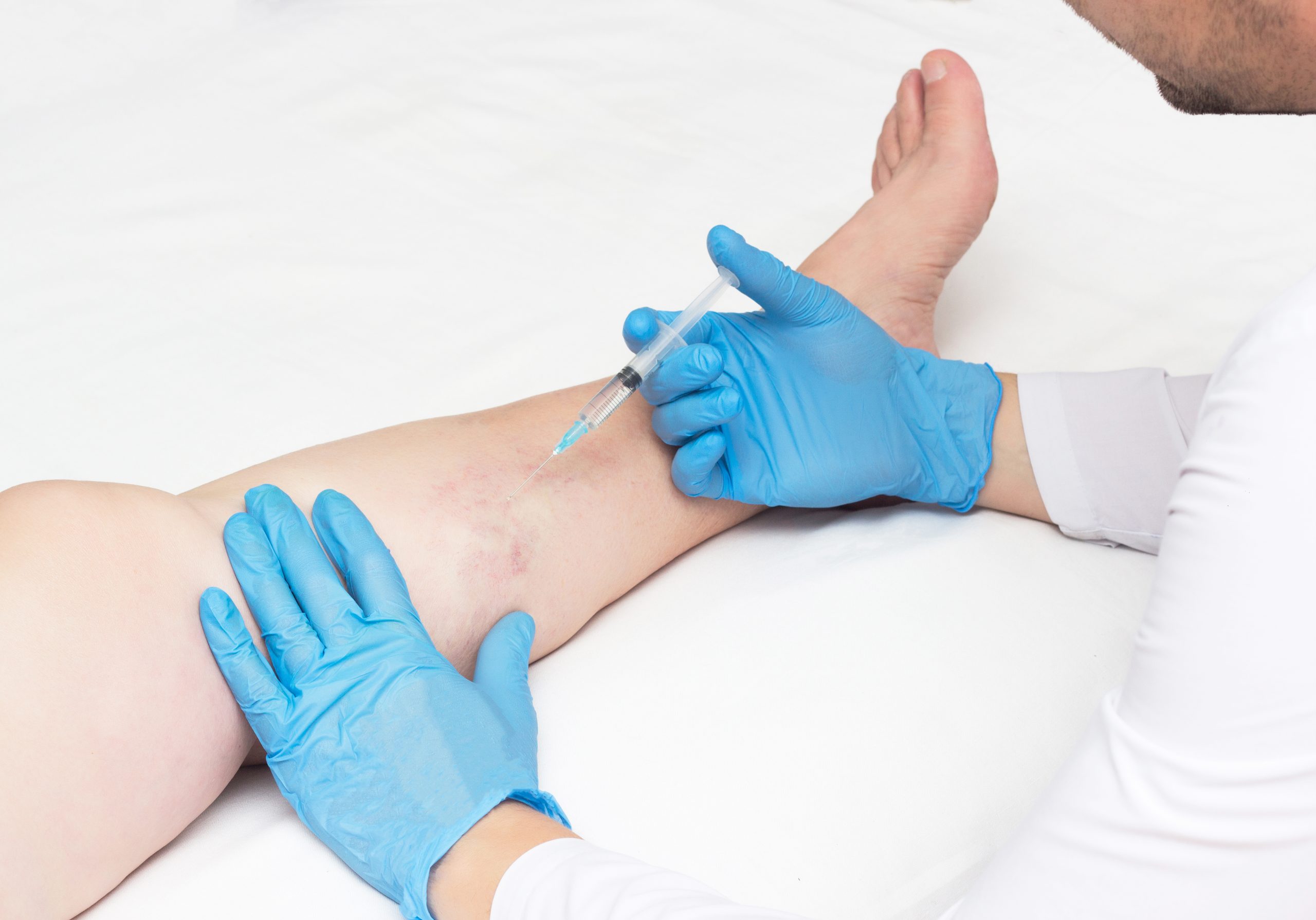What kind of doctor is a vein specialist? It is a question people ask us a lot. A vein specialist is a doctor responsible for diagnosing and treating varicose veins, spider veins, and other venous issues. Your vein specialist will likely examine your legs when you first visit a vein clinic or hospital to diagnose varicose veins.

Your vein specialist may also want to do an ultrasound to check your blood flow. It is a non-invasive process that uses high-frequency sound waves. It allows your vein specialist to see blood flow in your veins. Your vein doctor may use a venogram to further access your veins, depending on the location.
During this test, your vein specialist injects a special dye into your legs and takes x-rays of the area. The dye appears on the X-rays providing your doctor a better idea of how your veins are working. Tests such as venograms and ultrasounds help ensure that other disorders like a blood clot or a blockage aren't the cause of swelling and pain in your legs.
What measures can we adapt to treat and prevent varicose veins?
You can treat Mild and moderate varicose veins that do not cause much trouble at home with some self-care measures. But for severe varicose veins, you should visit an excellent vain specialist. What is a Vein Specialist Called?, A vascular surgeon or phlebologist is a specialist that will assist your varicose vein issues. Below are some of the treatments that varicose vein specialists will suggest to reduce your varicose veins
- Lifestyle changes. The following changes in lifestyle may help prevent varicose veins from getting worse.

- maintain a healthy weight
- Lose excess weight
- Exercise daily to improve your blood circulation
- Avoid smoking
- Use compression cocks or stockings
- Eating healthy, fiber-rich, nutritious food
- If the lifestyle changes aren't working on your varicose veins or your varicose veins are causing you many problems and damaging your overall health, your doctor might try an invasive procedure. Vein ligation and stripping is a surgical procedure that requires anesthesia.
- Other treatment procedures. Several different procedures can help treat varicose veins, such as Sclerotherapy, laser treatment, endovenous ablation therapy, endoscopic vein surgery, etc.
What are the significant side effects or complications of the treatment?
Although varicose veins are not always problematic, if they are causing problems for you, then it is better to treat them before they turn worse, like all procedures. There are also some risks and complications involved in varicose vein treatment. Consult with your vascular surgeon before deciding on vein treatment. If you want to know what kind of doctor treats veins, then a vascular surgeon is the answer. Below are some common risks and side effects of varicose vein treatment
- Skin burns
- Scarring
- Injury to a nerve
- Infection
- Deep vein thrombosis
Sclerotherapy side effects may include-
- Brown patches on the skin where the needle touch
- Bruising or redness for a few days where the needle went into your skin
- Lumps of hardness for a few months
Conclusion
We hope that the above-given information helps you learn more about varicose vein treatment. In the above matter, we discuss how doctors diagnose and treat varicose veins, measures we can adapt to reduce varicose veins, and more. For further information regarding varicose veins, check out veintreatmentli.com
Article Source :- https://www.gohealthtips.com/how-do-vain-specialists-diagnose-varicose-veins/





Comments